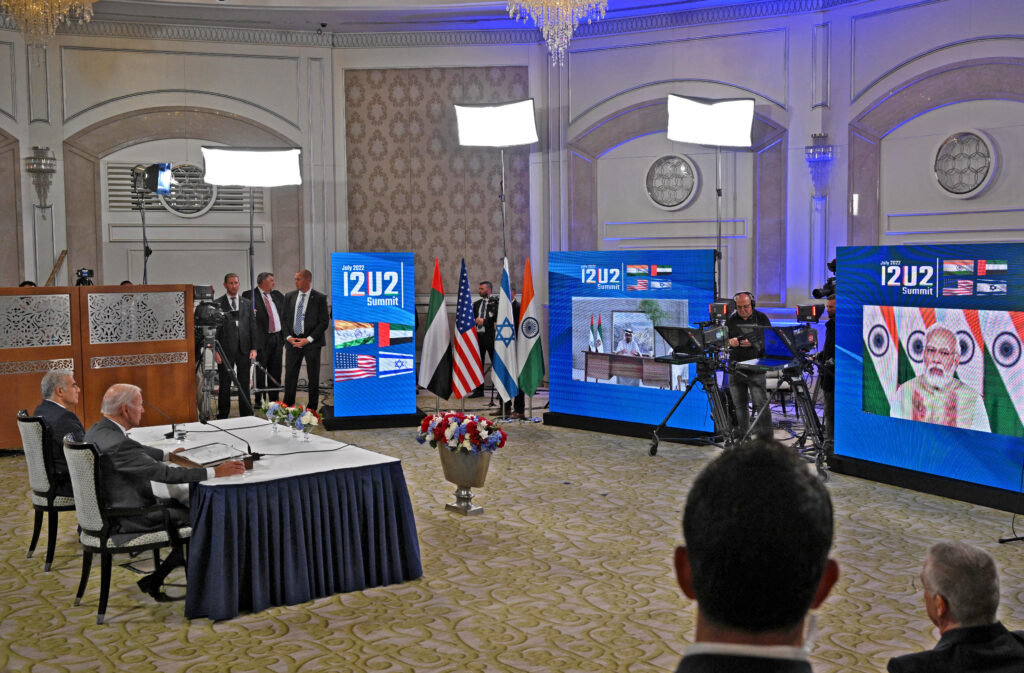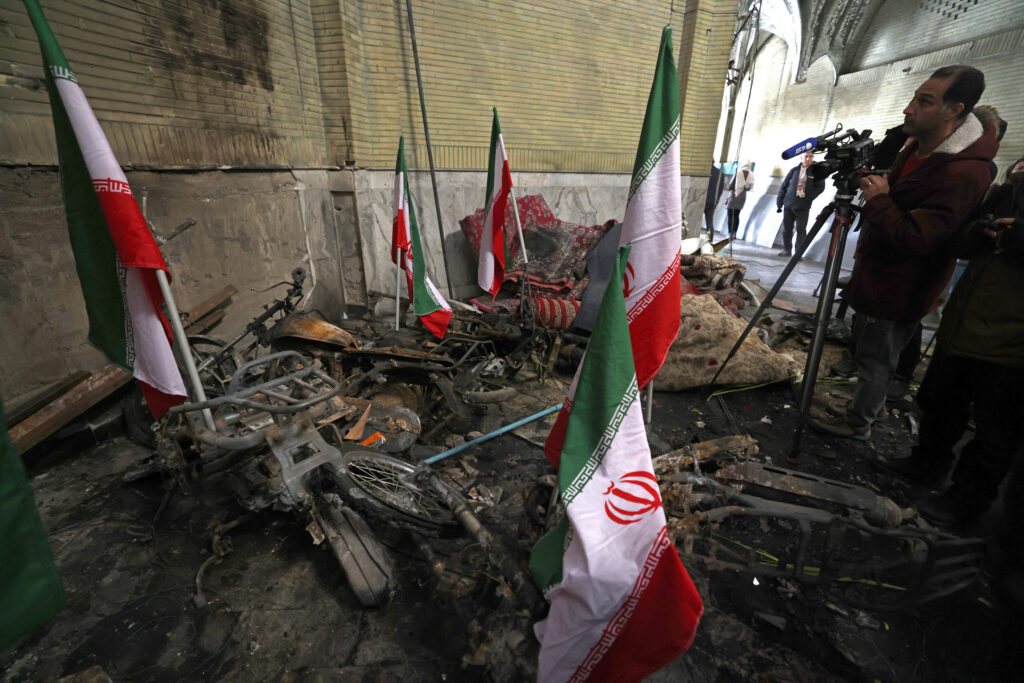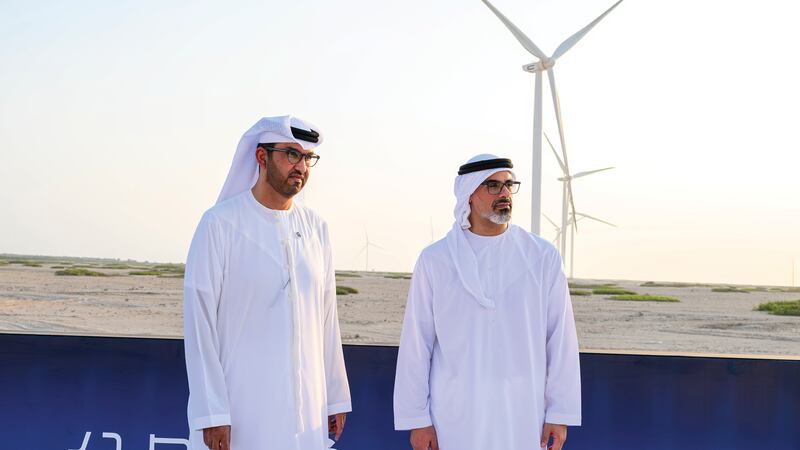
Series Introduction
India-Middle East Relations: Opportunities and Challenges
With the United States shifting its security focus from the Middle East to the Asia-Pacific, other major powers are seen as potential players that might fill the void in Middle East security. The fact that India is one such player is further manifested in the recently announced India–Middle East–Europe Economic Corridor.
This series of Insights seeks to unravel the evolutionary paths that the growing multifaceted connections between India and the Middle East might take and the challenges arising. India’s relationship with Israel, especially under the purview of the I2U2 partnership, which also includes the United Arab Emirates and the United States, has in particular generated much curiosity among observers. India’s longstanding economic ties with the GCC countries, along with its ties with Iraq and Iran, have added to the strategic significance of the Middle East for India and given it strong reasons for a greater role in the Middle East.
Click HERE FOR THE PDF.
By Deepika Saraswat*
India’s participation in the quadrilateral partnership known as I2U2 is a transformational development in its West Asia policy. It is the culmination of India’s deepening strategic partnerships with the UAE and Israel and underscores a growing US-India convergence in West Asia. As the United States seeks to synergise its Indo-Pacific and Middle East strategies, India is keen to link with and foster an interconnected, cooperative Gulf-Mediterranean region as a pushback strategy against the growing Chinese economic presence and diplomatic activism in the region. Nonetheless, its new-found willingness to work with the United States and its regional allies, India will seek to maintain its independent strategic vision of West Asia.
Image Caption: US President Joe Biden (L) and Israel’s then caretaker Prime Minister Yair Lapid in Jerusalem during a virtual meeting with leaders of the I2U2 group, 14 July 2022. (On screen Prime Minister Narendra Modi of India and UAE President Sheikh Mohamed bin Zayed Al Nahyan.) Mandel Ngan /AFP.
About the Author
*Dr Deepika Saraswat is Associate Fellow at the West Asia Centre, Manohar Parrikar Institute for Defence Studies and Analyses, New Delhi. Her research focuses on Iran’s foreign policy and geopolitical developments in West Asia and Eurasia, and Indian foreign policy. Saraswat has a PhD in political geography from the School of International Studies, Jawaharlal Nehru University, New Delhi. Earlier, she was Research Fellow at the Indian Council of World Affairs (ICWA). She is the author of Between Survival and Status: The Counter-Hegemonic Geopolitics of Iran (ICWA & Macmillan, 2022).




